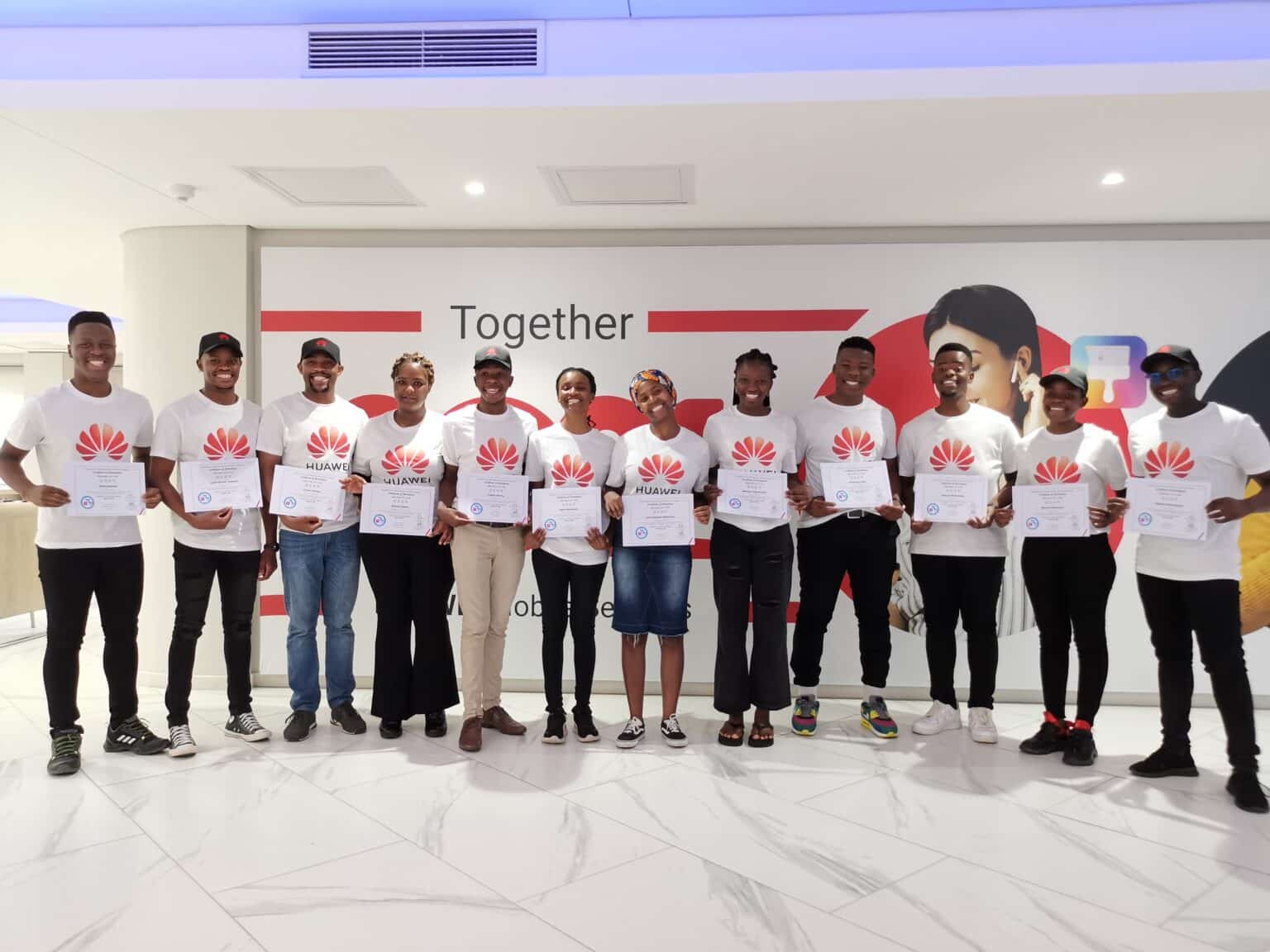Huawei South Africa’s Seeds for the Future class of 2021 has been placed in the top ten of the organisation’s global Tech4Good programme competition, winning recognition for their project aimed at protecting the country’s endangered rhino population from ongoing poaching.
The South African project, called “SA-Tech – South Africa’s Intrusion Detection System”, beat out entries from 79 other countries around the globe and placed in the top 10 alongside those from Argentina, Thailand, Brazil, Iraq, Lebanon, Libya, Poland, Vietnam, and Bangladesh. Additionally, it was placed in the top three in the Tech4Good’s Audience Award, which is voted for by social media users from around the world.
The project itself aims to bring together cameras and motion sensors feeding information into the cloud via TV whitespaces to help detect poachers, who are the biggest threat to South Africa’s critically endangered rhinos. The system is designed to help assist the rangers protect wildlife and help keep them safe at night and during the day.
“South Africa is full of talented and skilled young people, but we lack exposure,” says Siyabonga Thomas Shandu, from the SA-Tech team and currently a University of Johannesburg student. “It is through programmes and competitions like these that youth skills, knowledge, and talent can be unleashed, and the youth unemployment rate reduced.”
“We learned a lot about new generation technology from Seeds for the Future 2021,” Siyabonga added. “Applied properly, these technologies can help transform South Africa into a smart country.”
“At Huawei South Africa, we have long been committed to developing ICT talent through our various programmes like Seeds for the Future, which exposes learners to courses on the latest technologies like 5G, Cloud, AI and IoT,” says Huawei South Africa CEO Spawn Fan.
“In 2021, we decided to incorporate this competition under our Tech4Good programme which is focused on getting students to think about how to use technology to address social and environmental issues. It’s wonderful to see how the participants rose to the challenge and have produced a project that competes with the best in the world.”
“As we celebrate International Day of Education today, 24 January, it’s heartening to see how equipping South African learners with the right skills can give them exposure to the global stage,” he adds. “Among the goals for International Day of Education 2022 are steering digital transformation, supporting teachers, and safeguarding the planet. These align perfectly with what Huawei is trying to do with Seeds for the Future and other education initiatives.”
Designed to develop skilled South African ICT talent and build cultural understanding, Seeds for the Future is open to all students studying ICT related subjects. Seeds for the Future exposes participants to technologies that will be crucial as they enter the workplace. Huawei has run the programme in South Africa since 2016 in partnership with the Department of Communications and Digital Technologies.
“As South Africa looks to capitalise on the Fourth Industrial Revolution (4IR), building ICT skills and local innovations will be critical,” says Minister of Communications and Digital Technologies Khumbudzo Ntshavheni.
“The success of the Seeds for the Future Programme and the 2021 cohort in particular shows just how big an impact programmes like this can have, giving youth an opportunity to access the latest technologies. I am very proud of the team’s solution which seeks to protect our very precious rhino population. ”
The course has historically been hosted in China, benefitting outstanding ICT students from several South African universities. Due to the Covid 19 outbreak in 2020 the course has taken place online over the past two years.
In 2021, Seeds for the Future attracted more than 200 candidates from 20 Universities and TVET colleges from seven South African provinces. Since 2016, 90 students have gone through the programme.

1 Comment
Pingback: South African Students Placed In Top 10 At Huawei’s Seeds For The Future Global Tech4Good Competition – TechFinancials – Higher Education News